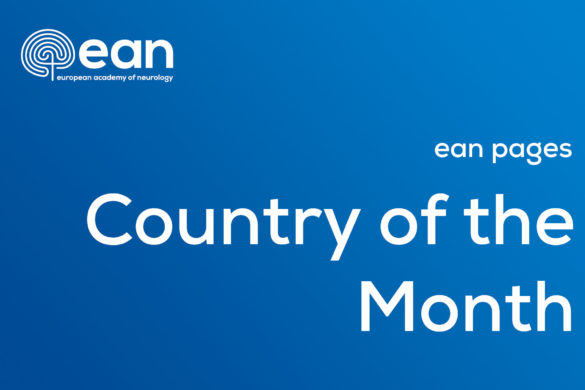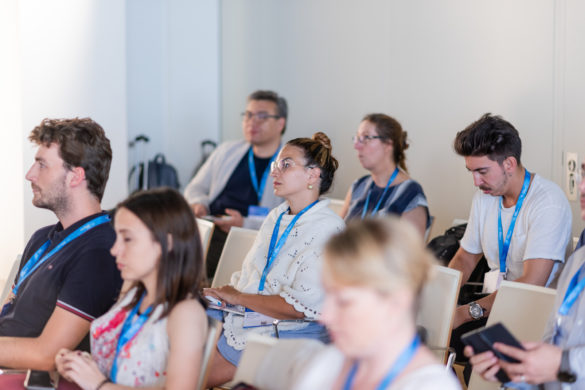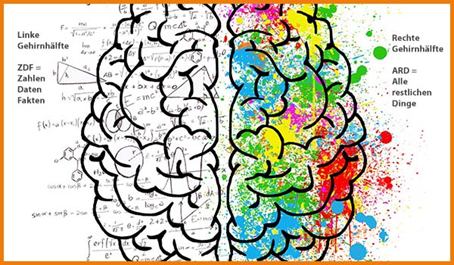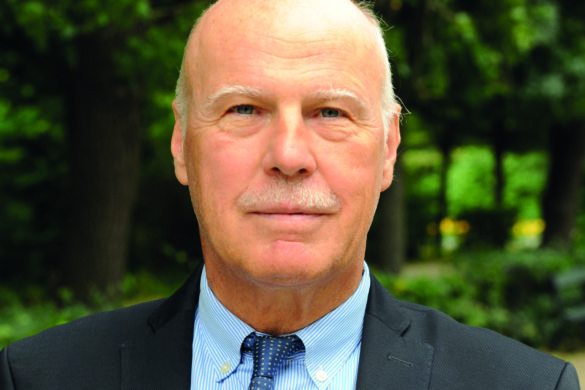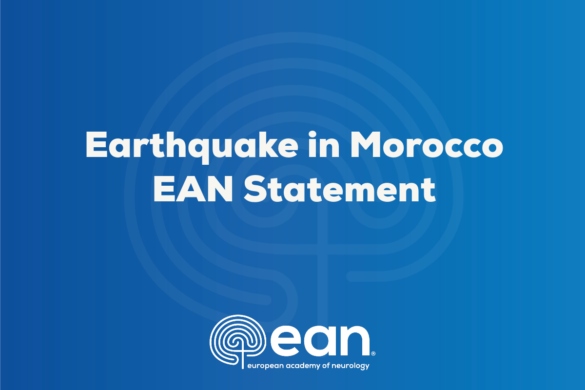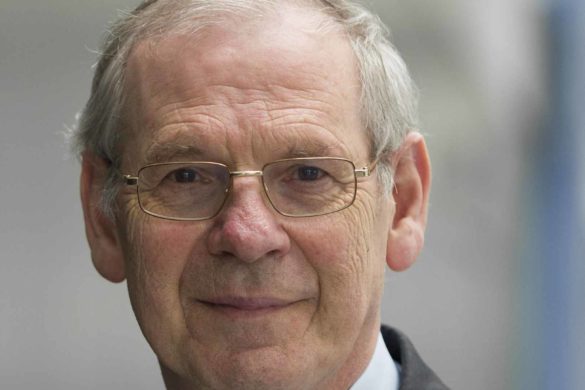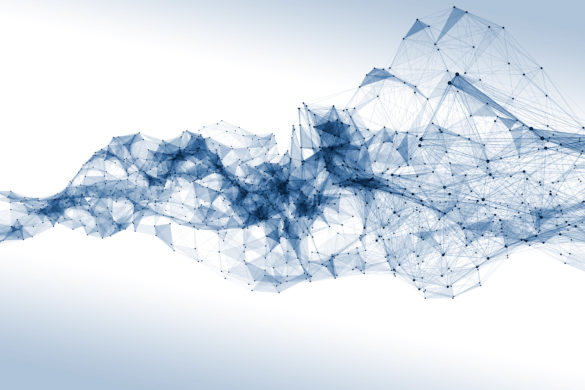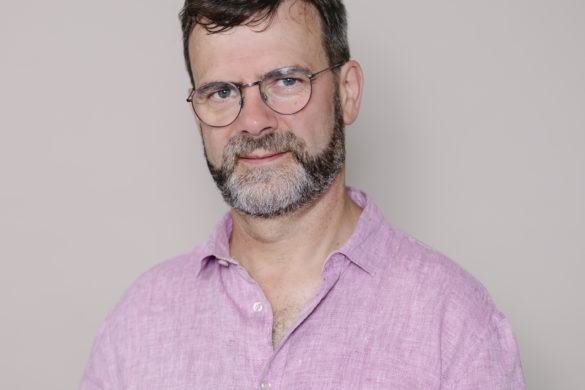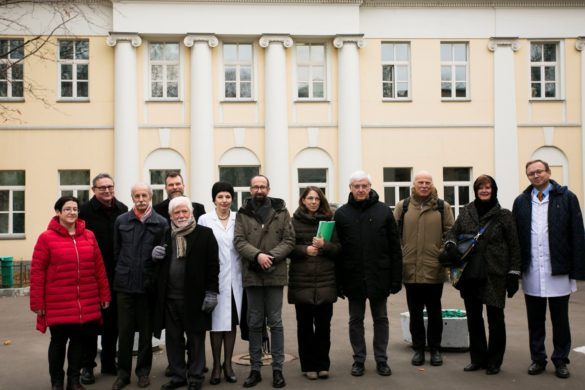Dear EAN members, friends, and colleagues,
It has only been a few months since my last Executive Page for EANpages, but there is plenty of fresh news from the EAN on the scientific front, and it is my pleasure to share it.
Our 9th EAN Congress took place in Budapest on 1-4 July, attracting almost 6,000 attendees onsite and nearly 2,000 virtual participants, all eager to absorb the top-quality, painstakingly curated scientific and educational programme. As always, the EAN Scientific & Coordinating Panels played a large role in the creation of that programme, beginning with their session proposals back in 2022. I am delighted to report that the cycle that leads us to next year’s congress is already in full swing, and we have already received more than 220 proposals for sessions at the 10th EAN Congress in Helsinki in 2024, many of which are for joint sessions with societies with whom the EAN has Memoranda of Understanding. Our ongoing cooperations with partner societies are extremely important, so extending those relationships to our flagship event is a great way to consolidate the connections between us, as well as to open them up to congress participants. I would like to offer a huge thank you to all Scientific & Coordinating Panels for planting these seeds for the content of our 2024 congress.
Of course, our Scientific & Coordinating Panels take part in a great many other activities beyond their involvement in the congress, each guided by its own Management Group. The Management Groups are elected by panel members, and all Scientific & Coordinating Panel members with active EAN Individual Membership (FEAN, Full or RRFS) may apply to run. Our election process for 2023 starts on September 4, when the call opens for applications to run for election to the Scientific Panels’ Management Groups, with the vote being held among the existing Panel Members in October and results announced in December. Elections for Coordinating Panels will take place afterwards. Being a part of a Management Group is undoubtedly a big commitment, but it is easily offset by the pleasure you will gain from working with such a committed group of professionals, as well as the experience and satisfaction of being so closely involved in guiding the scientific direction of the EAN. I encourage anyone who is eligible to apply for the chance to employ your leadership skills and bring your motivation to this highly rewarding role. For more information about our panels and their tasks, see here.
Application for the EAN Scientific Panel Management Group elections is now open!
…
Another of the many areas where Scientific Panels have influence is in suggesting guidelines and assisting in their preparation. Anyone who has watched the Special Session on EAN Guidelines or taken part in the EAN Guidelines Production Workshop at our recent congress will realise how seriously the EAN takes guidelines. Helping to establish European standards of diagnosis, treatment, and care within the various subfields of neurology, is one of our most important functions, which is why the EAN Guideline Production Group (GPG) is dedicated exclusively to this purpose. In the last six months, the EAN has published two sets of guidelines (European Academy of Neurology guidelines on the treatment of cluster headache and Joint European Academy of Neurology–European Pain Federation–Neuropathic Pain Special Interest Group of the International Association for the Study of Pain guidelines on neuropathic pain assessment) with another officially approved and awaiting publication (EAN/PNS Guideline on diagnosis and treatment of Guillain-Barré syndrome).
Clearly the EAN needs the support of active members for roles such as panel and management group membership in order to function to our greatest potential. This is how neurology – as a community – works, because we are all fundamentally working towards the same broad aims. And this is why we also offer support back to our members. One way in which we are looking to engage more with members is in the context of EU Horizon calls and research grants. The EAN is always open to offers and invitations to get involved in calls, either in terms of providing support for good research projects or becoming an official consortium partner. Equally, as the EAN is interested in advancing research and making a tangible impact on societal issues, involvement in EU Horizon grant applications is a part of a wider strategic approach for us. The opportunities provided through such grants can lead to meaningful contributions to research and broader societal development. In all cases, the EAN Head Office is always interested in offers of involvement and has the capacity to take on the project management and administrative roles.
Finally, following two very popular and successful iterations of the EAN Science School in 2022 and 2023, I am pleased to say that the 3rd edition will take place on 15-19 March 2024 in Salzburg, with the overarching theme of ‘Pathophysiology of Neurological Disorders 2.0’. Application is open until October 20, so please read up on the details here and apply. I am already looking forward to joining another group of enthusiastic participants for an extremely enjoyable few days in Salzburg.
Until the next scientific update,
Best wishes
Thomas Berger
EAN Scientific Committee Chair




